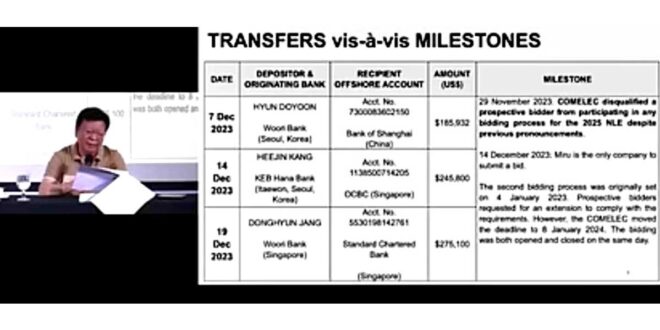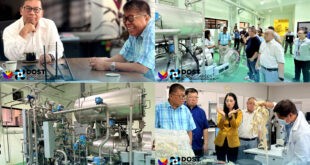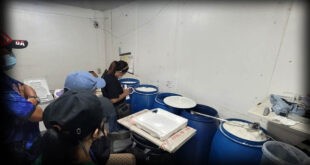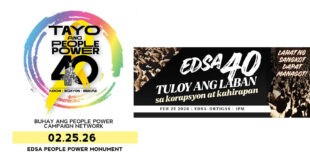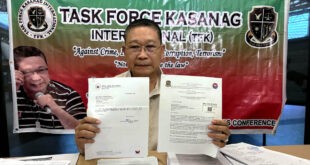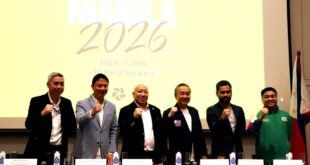Manila, Philippines — On July 9, 2024, Hon. Rodante D. Marcoleta, Party List – SAGIP, addressed the media regarding troubling reports on Miru Systems, which COMELEC has chosen to supply voting technology for the 2025 national elections. Marcoleta expressed serious reservations about whether Miru’s technology aligns with the stringent specifications mandated by the Automated Election Law. This law requires that election technologies demonstrate proven capability and successful use in prior elections, both domestically and internationally.
Marcoleta emphasized the fundamental importance of conducting fair and transparent elections, echoing the concerns of many Filipinos. He stressed the urgency for COMELEC to provide clear responses to allegations raised about Miru’s technologies, given their implications for the credibility and integrity of future elections in the Philippines. COMELEC is set to spend 18 billion pesos on machines and technologies for the 2025 elections, heightening the need for scrutiny and accountability.
The concerns raised by Marcoleta coincide with an investigative report by Politico, a prominent US-based journal, which has scrutinized Miru Systems’ track record. The report questioned the reliability of Miru’s voting technology in Iraq and Congo, nations supported by US election funding but marred by significant technical issues. Politico’s investigation also highlighted sanctions imposed by the US Treasury Department on the president of the Congo Election Commission due to corruption allegations involving Miru’s machines.
Locally, Miru Systems secured a sole-bidder contract with COMELEC for the 2025 elections, despite calls from various quarters for greater scrutiny. COMELEC’s response that “winners in Congo and Iraq are satisfied with Miru’s performance” has raised further doubts about the suitability of Miru’s technology for the Philippines’ electoral process.
Furthermore, concerns extend to Miru’s association with Russian elections, where it has ties with Bauman Moscow State Technical University. This affiliation played a role in developing election scanners used in Russia’s controversial 2018 presidential election and subsequently in Iraq, raising questions about the technology’s impartiality and reliability.
The issue has broader implications as the Philippines navigates geopolitical tensions. Surveys by Pulse Asia underscore Filipinos’ preference for Western-led democratic principles over concerns about Russian and Chinese influences. This sentiment underscores the need for COMELEC to carefully consider the ramifications of partnering with a company linked to Russia, especially amidst efforts to strengthen ties with the United States and other Western democracies.
The ongoing controversy prompts critical questions about COMELEC’s procurement practices and its commitment to upholding electoral integrity. Marcoleta’s call for transparency reflects widespread public concern over safeguarding the sanctity of Philippine elections against potential external influences.
 HATAW! D'yaryo ng Bayan hatawtabloid.com
HATAW! D'yaryo ng Bayan hatawtabloid.com

